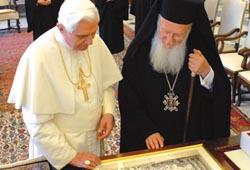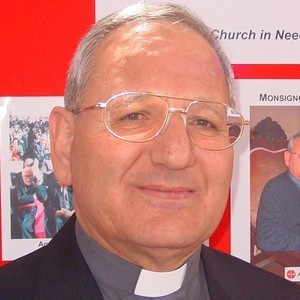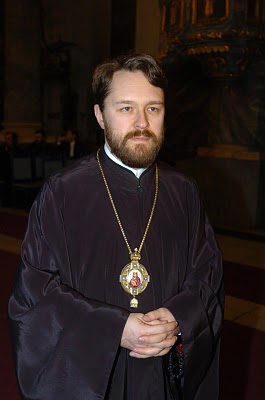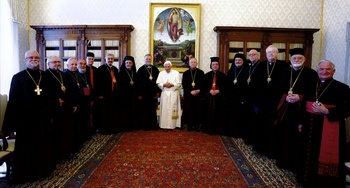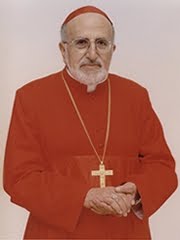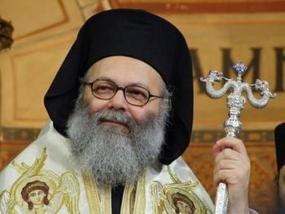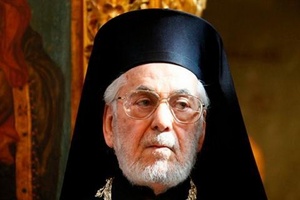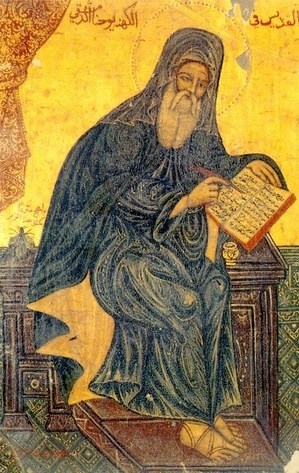
Grant, we pray, O Lord, that we may be helped by the prayers of the Priest Saint John Damascene, so that the true faith, which he excelled in teaching, may always be our light and our strength.
Saint John of Damascus (c. 676-749) is a pretty amazing man, priest, and Father of the Church; noted as the last of the Greek Fathers. He’s known as the “golden speaker” and while he was not an original or brilliant theologian, his gift is his ability to compile what the Church believed in his era. In many ways Avery Dulles was the same.
Much of his preaching and teaching was a defense of the faith in the face of severe opposition, particularly with the rise of Islam.
The Damascene is revered as a saint by the Churches of East and West.
From The Statement of Faith by Saint John Damascene:
O Lord, you led me from my father’s loins and formed me in my mother’s womb. You brought me, a naked babe, into the light of day, for nature’s laws always obey your commands.
By the blessing of the Holy Spirit, you prepared my creation and my existence, not because man willed it or flesh desired it, but by your ineffable grace. The birth you prepared for me was such that it surpassed the laws of our nature. You sent me forth into the light by adopting me as your son and you enrolled me among the children of your holy and spotless Church.
You nursed me with the spiritual milk of your divine utterances. You kept me alive with the solid food of the body of Jesus Christ, your only-begotten Son for our redemption. And he undertook the task willingly and did not shrink from it. Indeed, he applied himself to it as though destined for sacrifice, like an innocent lamb. Although he was God, he became man, and in his human will, became obedient to you, God his Father, unto death, even death on a cross.
In this way you have humbled yourself, Christ my God, so that you might carry me, your stray sheep, on your shoulders. You let me graze in green pastures, refreshing me with the waters of orthodox teaching at the hands of your shepherds. You pastured these shepherds, and now they in turn tend your chosen and special flock. Now you have called me, Lord, by the hand of your bishop to minister to your people. I do not know why you have done so, for you alone know that. Lord, lighten the heavy burden of the sins through which I have seriously transgressed. Purify my mind and heart. Like a shining lamp, lead me along the straight path. When I open my mouth, tell me what I should say. By the fiery tongue of your Spirit make my own tongue ready. Stay with me always and keep me in your sight.
Lead me to pastures, Lord, and graze there with me. Do not let my heart lean either to the right or to the left, but let your good Spirit guide me along the straight path. Whatever I do, let it be in accordance with your will, now until the end.
And you, O Church, are a most excellent assembly, the noble summit of perfect purity, whose assistance comes from God. You in whom God lives, receive from us an exposition of the faith that is free from error, to strengthen the Church, just as our Fathers handed it down to us.
